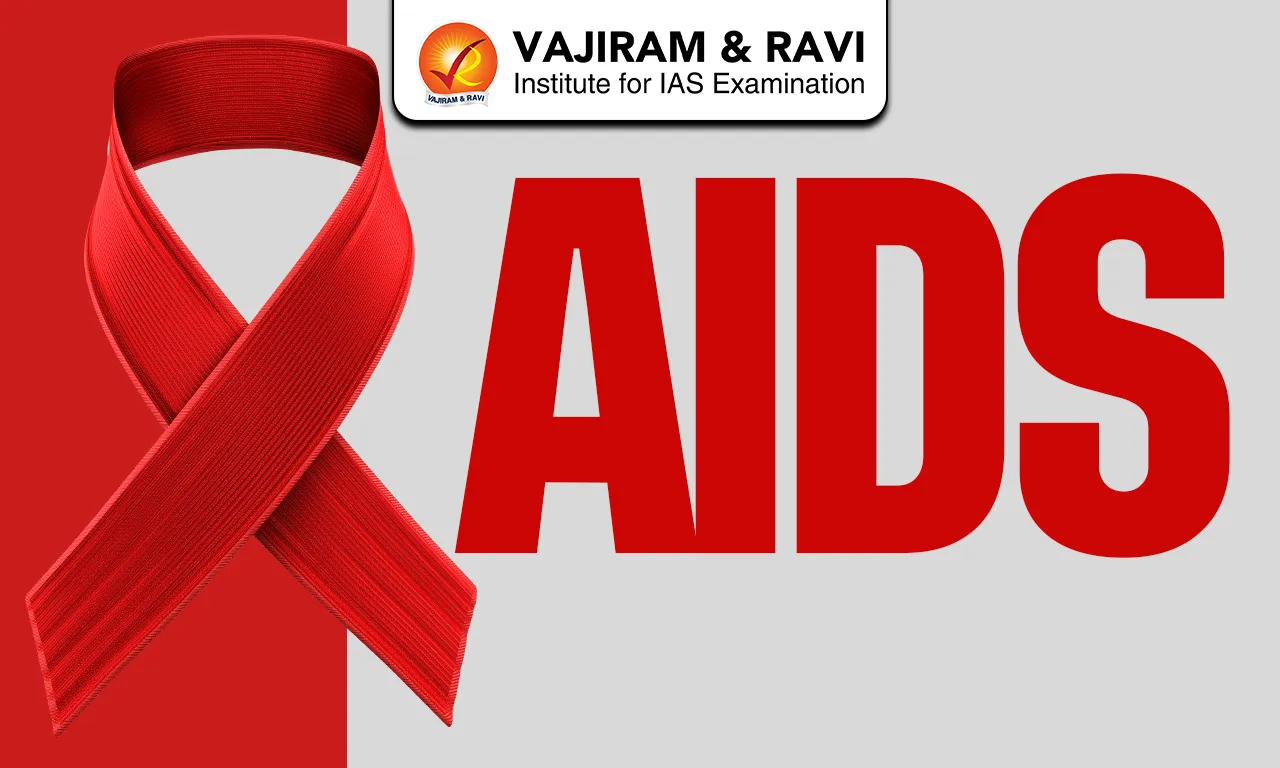About Glyphosate:
- Glyphosate is a widely used herbicide that can kill certain weeds and grasses.
- The product is used primarily in agriculture but also in forestry and lawn and garden care.
- Glyphosate is a small molecule made of a linear carbon chain with weaker bonds, which makes glyphosate less persistent in the environment.
- In India, it goes by various brand names, including Roundup, Glycel, and Brake.
- Herbicidal Action:
- Glyphosate works by inhibiting an enzyme called EPSP synthase, which is essential for the synthesis of certain amino acids that plants need for growth.
- By disrupting this enzyme, glyphosate interferes with the plant’s ability to produce proteins, leading to the eventual death of the plant.
- Broad-Spectrum:
- Glyphosate is considered a broad-spectrum herbicide, meaning it can effectively control a wide variety of plants, including grasses, broadleaf plants, and woody plants.
- It is effective only on plants that grow above the water. It will not be effective on plants that are submerged or have most of their foliage underwater, nor will it control regrowth from seed.
- Systemic Nature:
- Glyphosate is a systemic herbicide, which means it is absorbed by the plant’s leaves and then translocated throughout the plant’s vascular system.
- This allows it to reach various parts of the plant, including the roots, leading to effective control of both above-ground and below-ground plant parts.
- Glyphosate is degraded in soil and water by microbes and binds tightly to soil particles, which prevents the leaching of glyphosate into groundwater.
- Glyphosate does not degrade quickly in plants. As a result, it is possible that glyphosate residues can occur in food products.
Q1) What is an enzyme?
An enzyme is a type of protein molecule that acts as a biological catalyst in living organisms. Enzymes play a crucial role in facilitating chemical reactions within cells by increasing the rate of those reactions without being consumed or permanently altered themselves. They are essential for maintaining life processes and metabolic activities in all living organisms, from bacteria to humans.
Last updated on March, 2026
→ UPSC Notification 2026 is now out on the official website at upsconline.nic.in.
→ UPSC IFoS Notification 2026 is now out on the official website at upsconline.nic.in.
→ UPSC Calendar 2026 has been released.
→ UPSC Final Result 2025 is expected to be released soon.
→ Check out the latest UPSC Syllabus 2026 here.
→ Join Vajiram & Ravi’s Interview Guidance Programme for expert help to crack your final UPSC stage.
→ UPSC Mains Result 2025 is now out.
→ UPSC Prelims 2026 will be conducted on 24th May, 2026 & UPSC Mains 2026 will be conducted on 21st August 2026.
→ The UPSC Selection Process is of 3 stages-Prelims, Mains and Interview.
→ Prepare effectively with Vajiram & Ravi’s UPSC Prelims Test Series 2026 featuring full-length mock tests, detailed solutions, and performance analysis.
→ Enroll in Vajiram & Ravi’s UPSC Mains Test Series 2026 for structured answer writing practice, expert evaluation, and exam-oriented feedback.
→ Join Vajiram & Ravi’s Best UPSC Mentorship Program for personalized guidance, strategy planning, and one-to-one support from experienced mentors.
→ Check UPSC Marksheet 2024 Here.
→ UPSC Toppers List 2024 is released now. Shakti Dubey is UPSC AIR 1 2024 Topper.
→ Also check Best UPSC Coaching in India


















